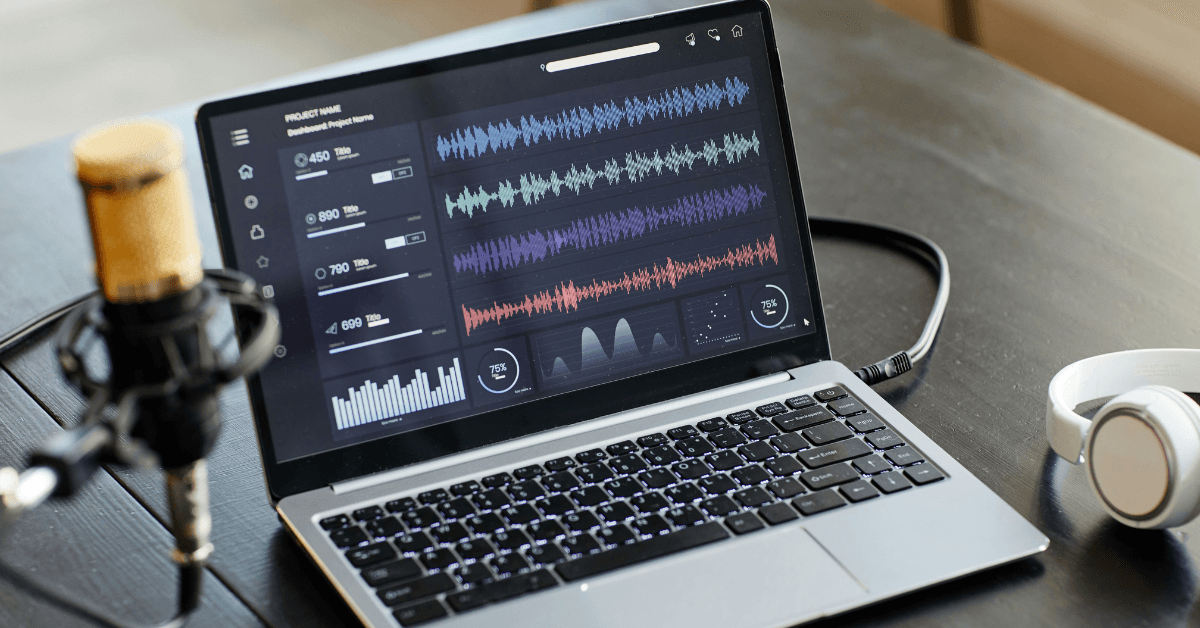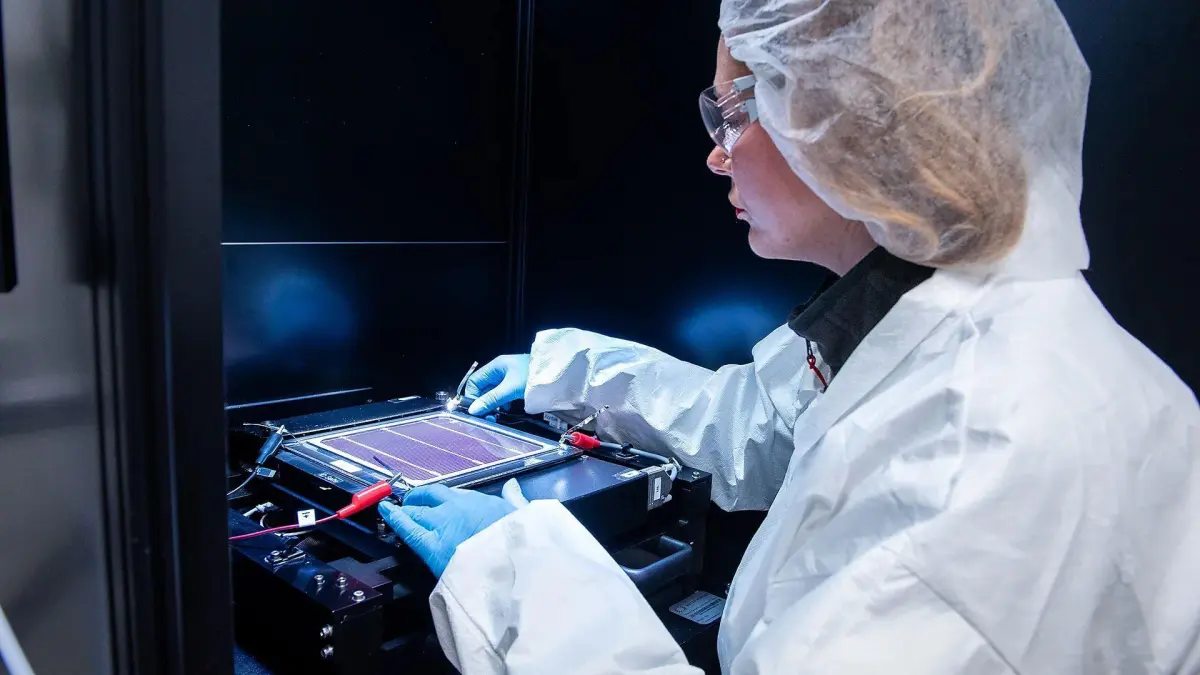Copyright iafrica

In a studio scented with coffee and filled with recording gear, Ethiopian musician Dawit Ketema, known as Mashela, experiments with a unique fusion — the wooden tones of the washint flute and the precision of digital synthesizers. His mission: to use artificial intelligence (AI) to preserve ancient sounds while creating new ones, building what he calls an AI-powered cultural sound archive for Africa. Mashela’s vision reflects a broader creative movement sweeping across the continent, where artists are blending heritage and high tech to reimagine African music in the age of AI. “AI is not replacing artistry — it’s becoming a new instrument,” says Mashela. “We can use it to keep our traditions alive while creating something future-facing.” The Rise of AI in Music Globally, the AI-in-music market — valued at US$5.2 billion in 2024 — is expected to reach US$60 billion by 2034. Algorithms that compose melodies, master tracks, or emulate instruments are transforming how music is made and consumed. In Africa, AI’s promise is even greater. With a market already worth US$4.5 billion, the technology could democratize creativity, lower production costs, and revive historic genres like Highlife, Rumba, Makossa, and Tizita by digitizing rare recordings and oral traditions. Projects like Nigerian artist Ayo Jay’s AI rhythm fusion and Ethiopia’s AI sound archiving initiatives illustrate how machine learning can extend the life of cultural heritage rather than erase it. Preserving and Reimagining Heritage AI’s analytical power is being harnessed to digitize, transcribe, and analyze historical African music — from Senegal’s tama drum and Mali’s kora to South Africa’s bubblegum pop and Kwaito. By feeding these sounds into AI systems, researchers hope to train models that recognize and replicate Africa’s vast musical diversity. In 2025, the University of the Witwatersrand launched Beyond the Algorithm: African Musical Creativity in the Age of AI, inviting African musicians to co-create AI tools grounded in local languages and traditions. This academic and artistic collaboration represents a growing belief that AI’s future in Africa must be defined by Africans — not by imported technologies or external data. Challenges and Ethical Tensions Despite optimism, the rise of AI in music exposes long-standing structural weaknesses in the region’s creative industries: Data gaps hinder effective policy and investment in countries like Nigeria.Weak intellectual property enforcement in South Africa costs the industry up to R690 million (US$46 million) annually through piracy.Unequal profit distribution risks funneling AI-driven revenue to global tech companies rather than local creators. “Without governance frameworks to protect creative labor and ensure fair compensation, AI could deepen inequality in the arts,” warns industry veteran Charles Goldstuck. Globally, regulatory models vary: Japan and Singapore permit copyrighted data mining, Brazil debates AI-copyright laws, and South Korea excludes AI-generated works from protection. These contrasting approaches underscore the urgency for African-specific AI governance to balance innovation with equity. Policy Shifts and the Digital Trade Frontier Policy frameworks are beginning to emerge. The African Continental Free Trade Area (AfCFTA) adopted its Digital Trade Protocol in 2024, introducing data governance standards that could help musicians protect their work while enabling cross-border collaboration. Meaningful progress, however, depends on continued investment in AI literacy, data infrastructure, and creative training. The Road Ahead: Innovation Through Inclusion As AI continues to reshape the creative industries, Africa stands at a crossroads. With the right support, the continent’s musicians could lead a global redefinition of digital artistry — one rooted in cultural authenticity and collective ownership. “For us, AI is a bridge between the past and the future,” says Mashela. “If we train it with our stories and our sounds, it will sing in our voices.” AI may be changing the world’s soundscape, but in Africa, it’s also ensuring that heritage remains part of the harmony.



